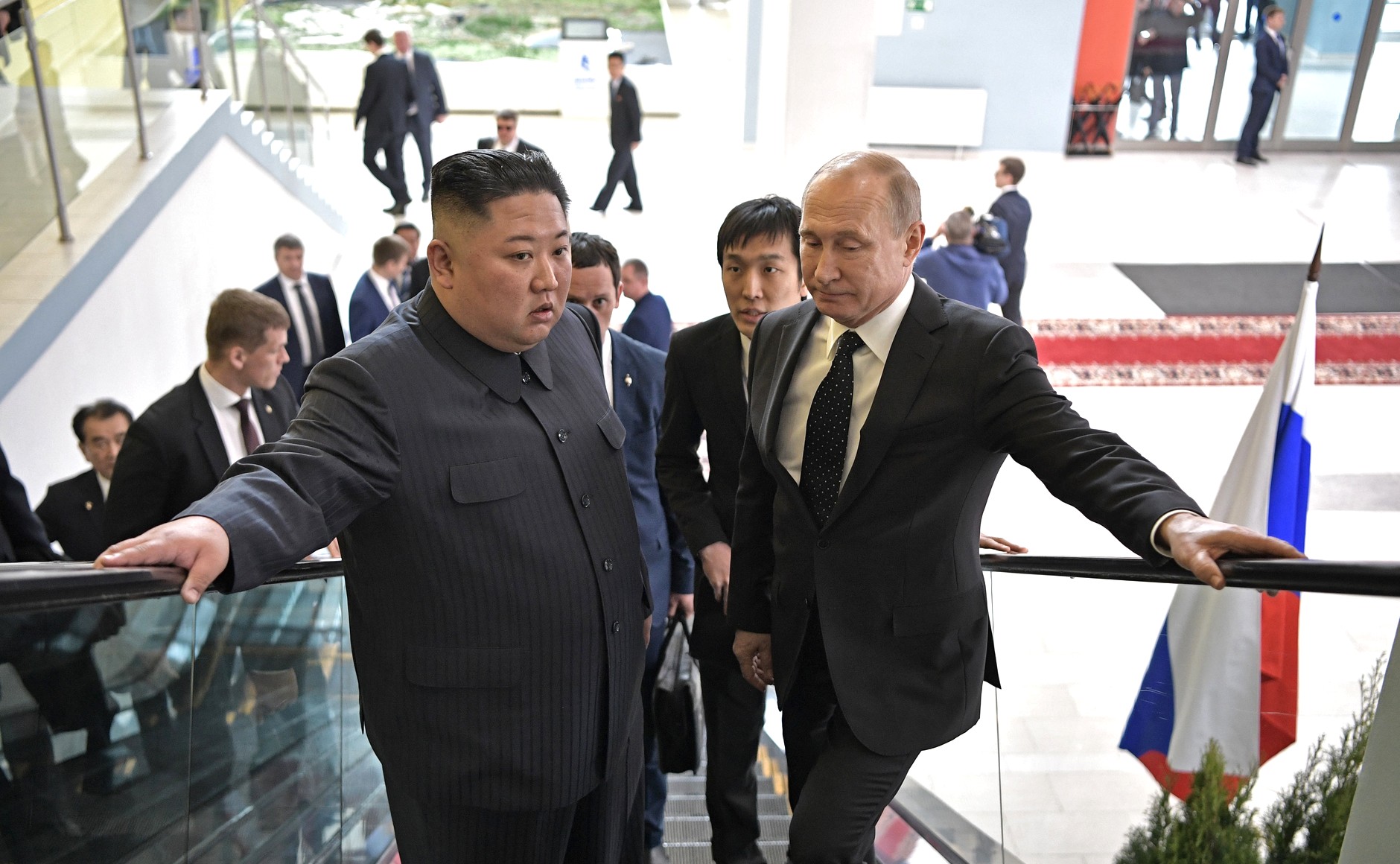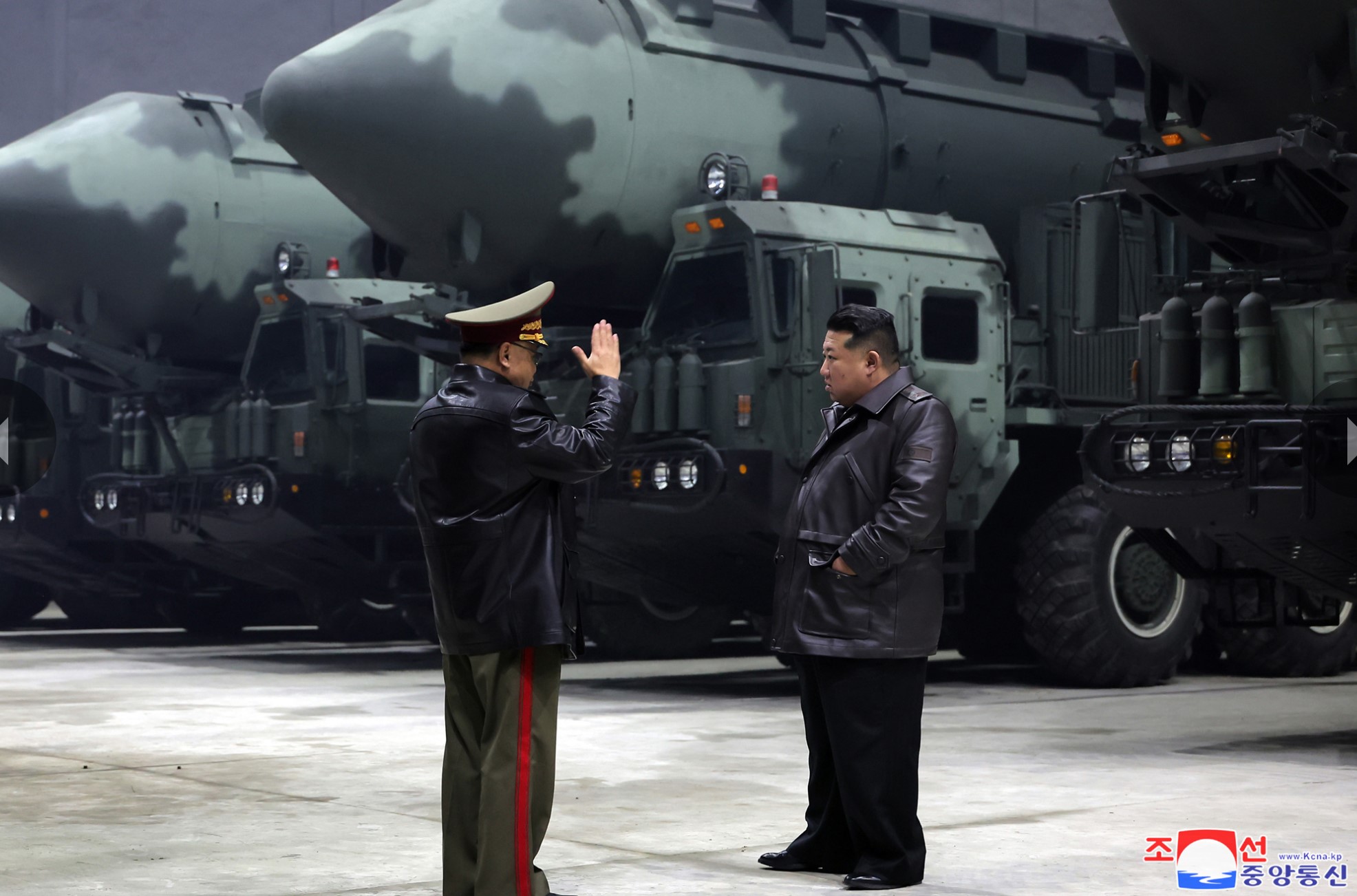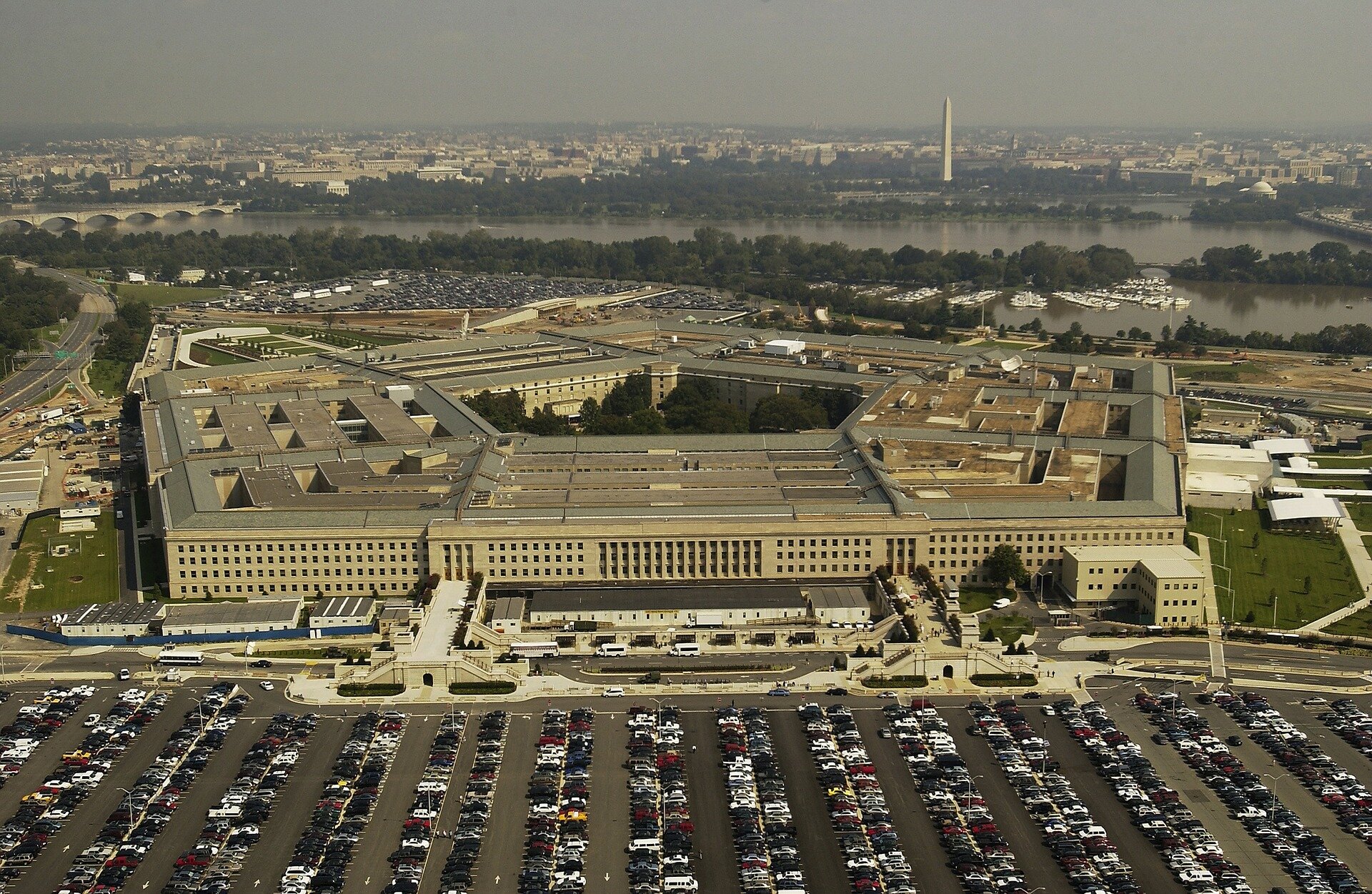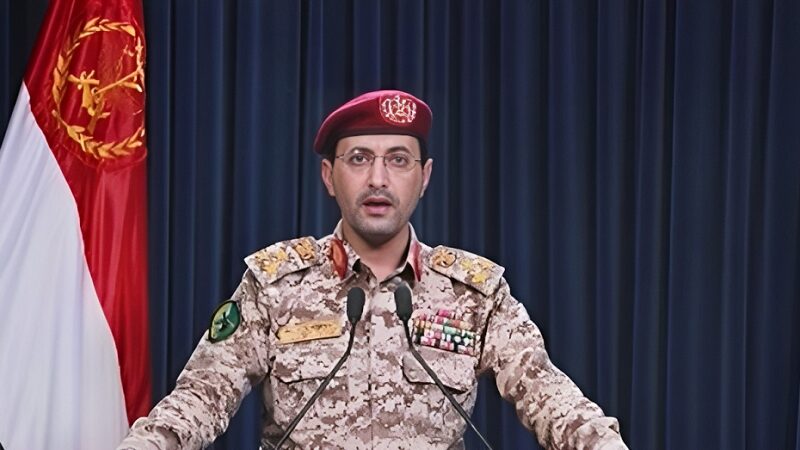Of the monumental mass of foreign and war policy decisions awaiting either a Trump or Harris White House come November, there is virtually none in need of a greater revisitation than the Democratic People’s Republic of Korea (DPRK) aka, North Korea.
The previous two Democratic-led administrations have made it a policy to do almost nothing to try and increase at least the strategic dialogue between North and South, and nothing at all to promote reconciliation in such a way as would help the DPRK one day rejoin the community of nations.
As a result of “kicking the can down the road” the DPRK seems to be moving forever beyond the reach of Washington’s influence, using both Russia and China to shield herself from Western sanctions and intimidations more and more.
More than a quarter-century of inflexible and unimaginative policy decisions have exacerbated problems dating back to the Clinton Administration, when a series of meetings almost allowed for direct talks between the President of the US and Kim Jong-il were scuppered during Clinton’s lame-duck period.
Alternating policies of patience and punishment have worked in tandem to warp DPRK strategic policy to the point where her nuclear arsenal is now more sophisticated than ever, but even more importantly, her willingness to cooperate, talk, or even involve herself in the Western (or southern) order of things has completely evaporated—demonstrated with dramatic panache by blowing up the inter-Korean liaison office built by the South in Kaesong.
Her official strategic policy no longer calls for reunification—to a harmonious state—of the Korean Peninsula, and instead recognizes Seoul officially as a national enemy
Recognizing errors
Incoming presidents have a universal advantage they paradoxically decline to avail themselves of more often than not. This is the ability to blame past failures on the previous party or administration and chart fresh courses precisely because old ones failed. Regarding the DPRK, this hasn’t been exercised in the post-USSR world.
Even Donald Trump, whose administration came the closest in the 21st century to creating reliable dialogue between Pyongyang and Washington, started with rhetoric of “fire and fury” over the former’s continued missile tests, and fired his initial Secretary of State Rex Tillerson who had been attempting to organize talks.
Trump eventually did help organize the Panmunjom Declaration meetings that saw North Korean leader Kim Jong-un and South Korean President Moon Jae-in ceremonially shake hands on each side of each other’s border before the signing of an agreement to pursue talks that would officially bring about the end of the Korean War. Ironically, this line of hope was strangled in the crib by the very man Trump had appointed to the negotiating committee.
The man in question, John Bolton, took the stance that every administration since Clinton has taken—despite the DPRK’s continued demonstrations that it is a non-starter: complete nuclear disarmament.
By the time the Clinton Administration was negotiating with a nuclear-armed North Korea, multiple states outside the controllable sphere of NATO and the familiar sphere of the Communist world possessed nuclear weapons. India, Pakistan, and Israel, none of whom could be directly controlled by Washington, wielded nuclear fusion weapons. Relations with each were amicable at times, stressed at others, but never degenerated to the state seen in the DPRK; none were required to dismantle their nuclear weapons program as a precursor to relations with the West.
25 years of inheriting policies of disarmament from one administration to the next has gotten US security interests in East Asia nowhere she wants to be. The first step in either another Trump or Harris administration is to recognize that these 25 years represent failure; failure of the sanctions policy, as it is now enforced only by the US, failure of the containment policy as North Korea is no longer a pariah state but has won the sympathetic backing of China and Russia, and failure of the goal of disarmament.

A new course
On October 24th, Rep. Mike Turner (R – OH), the chair of the House Intelligence Committee, called for direct military action in Ukraine if intelligence reports that DPRK infantry is preparing to enter the war in the country on Russia’s side are true.
“If North Korean troops were to invade Ukraine’s sovereign territory, the United States needs to seriously consider taking direct military action against the North Korean troops,” Turner wrote on X. “I have long challenged the Biden-Harris Administration’s unwise position on restricting Ukraine’s use of US weapons against targets within Russian territory,” Turner added. “If North Korean troops attack Ukraine from Russian territory, Ukraine should be permitted to use American weapons to respond”.
Here can be seen one of several culminations of this decrepit policy towards the DPRK: allowing animosity towards the nation to affect critical national security decisions elsewhere, in this case, Ukraine.
What’s needed is for whoever wins in November to chart a new course of engagement starting, at least initially, with the negotiation point that nuclear disarmament is not part of the negotiations just as it wasn’t part of negotiations with the Soviet Union. Disarmament never played a major role in relations with Pakistan and India and never affected the tens of billions in support the US has proffered to Israel. Thus, based on 2 decades’ worth of failure, it shouldn’t affect negotiations with the DPRK.
The fact remains that once obtained, the bomb has never been given up. There have been nations that have possessed nuclear weapons programs, but which never, either by decision or technical reasons, obtained a true nuclear explosive. This is something proponents of the disarmament policy never consider, or at least never mention. If the policy had succeeded under any of the five presidents to pursue it, the DPRK would have been the first nation to completely dismantle her nuclear stockpiles in history.
Conservative administrations in South Korea, including the currently-ruling President Yoon Suk-yeol, are partly to blame for this quarter century of failure, as any policy on the peninsula must include them at the negotiating table. Conservatives hold nuclear disarmament to be a prerequisite for talks, but heavily rely on their close allies the United States for protection.
The first step that any administration should pursue is a restoration of crucial lines of communication to prevent nuclear and conventional military incidents, followed by the negotiation for an official ending of the Korean War, which was settled only through an armistice. Unfortunately because of the long years of neglect given to the issue of the DPRK, sanctions have lost both their effectiveness as a negotiating tool and as an enforcement mechanism.
The UN sanctions on the DPRK for their breaking of the Non-Proliferation Treaty have officially ended after Russia exercised her veto after 18 years of unanimous passage. North Korea engages in military training exercises with Russia, which learned well over the last two years how to evade sanctions with fleets of ghost ships, and engaging further with BRICS nations.
Negotiations with the DPRK must take place in an environment in which the West, for its own fault, has lost nearly all its leverage and all its credibility among DPRK leaders. But the country nevertheless suffers from poor economic conditions in every sector, and good faith economic aid and support could help rebuild trust if carried out honestly.
Engaging the South to help resolve cross-Korea issues would also help to build peninsula-based trust. Resolving the dumping of garbage via balloon would be a good place to start.
If, on the other hand, the next Oval Office occupant allows the current, 25-year-old policy of containment and disarmament to continue to dictate decisions towards the Korean Peninsula, the DPRK will likely continue to develop her nuclear weapons stockpile, continue to sophisticate her delivery systems which already include potential hypersonic glide cruise missiles, and continue their path of commercial and military association with China and particularly Russia. It’s likely, because it’s the path she’s currently on, and the US has given her no reason to depart it. WaL
We Humbly Ask For Your Support—Follow the link here to see all the ways, monetary and non-monetary.
PICTURED ABOVE: General Secretary Kim Jong Un inspects a strategic missile base. PC: Pyongyang Times



